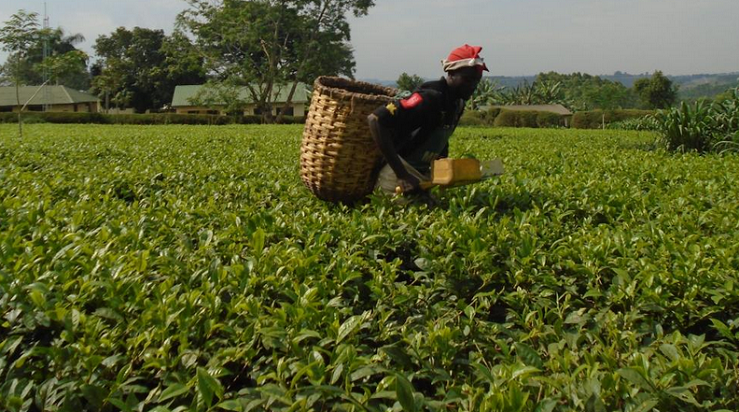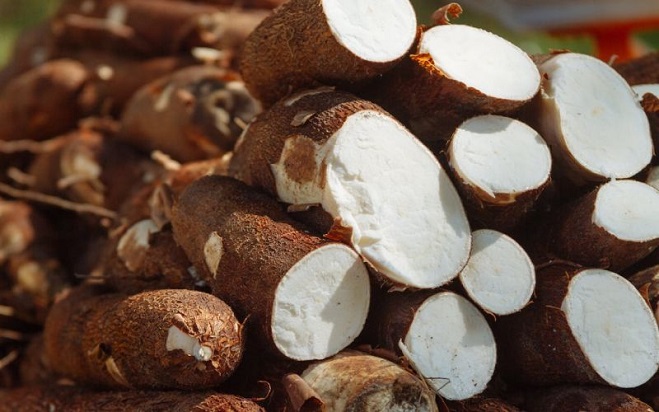Tea farmers in Kabarole, Kyenjojo, Bushenyi, Kabale and Buhweju districts have tasked the government to put in place a regulatory framework for the tea industry.
The Tea growers who had converged in Fort portal city to discuss the challenges facing the sector asserted that Ugandan tea is fetching poor prices at the Mombasa auction because of poor quality.
They note that in spite of the fact that Tea is a strategic cash crop in the country that the government has earmarked in its National Development Plan, there is no policy to regulate the sector.
Farmers claim that apart from giving out free seedlings not much has been achieved through the government interventions to improve the tea sector.
Amon Mirika, a tea grower in the Tooro region, says that although tea is the third-largest foreign exchange earner for Uganda after tourism and coffee, the government has failed to establish a platform to address the concerns that affect the sector through the Ministry of Agriculture, Animal Industries and Fisheries.
“There is no policy framework that regulates the tea industry in Uganda every farmer is doing what they wish. Factories are determining prices at all occasions against the will of farmers for that matter, you can’t manage to strike a balance on the tea you produce in terms of quality hence the poor price on the world market,” Mirika stated.
Julius Andrew Mwebesa, a tea farmer from Kabale district, says that tea is green gold but due to lack of regulation farmers are always in dilemma because of the poor farm gate prices and exploitation by the buyers.
Innocent Kato, another tea farmer from Kabarole district, says that due to lack of regulation, middlemen have infiltrated the business cutting off the direct connection between the farmers and processors.
Grace Birungi, another tea farmer, says that despite the fact that out-growers contribute 68% of the green leaf, they are never recognized by the processors.
Onesimus Matsiko, the Manager Mabale Tea Factory, says that although the government has under the Operation Wealth Creation program doubled the tea acreage by supplying free tea seedlings productivity is still very low.
Matsiko says that in Uganda a hectare of tea produces only 1800kg annually against the expected 4,000kg with best practices. He said that Uganda’s main challenge in the tea sector is lack of regulation, financing and poor fertilizer application.
Kato said it’s against this background farmers are combining efforts from across the western region and the country at large to form a joint association to task the government through a collective effort to put in place regulations.
Kato says this will enable the county to improve on the quality of the green tea leaf and also enable the sector to compete favourably on the national market.
Alex Amanya, a player in the tea sector, says that some of the things that the farmers want the tea policy to regulate include the standard Green leaf and a bud, stable and standard prices, regulation of middlemen and provision of a stable market among others.
–URN





